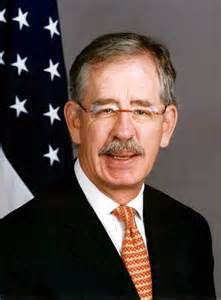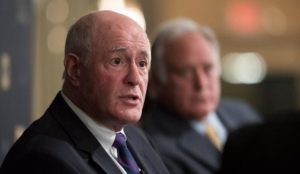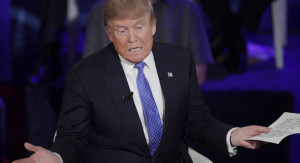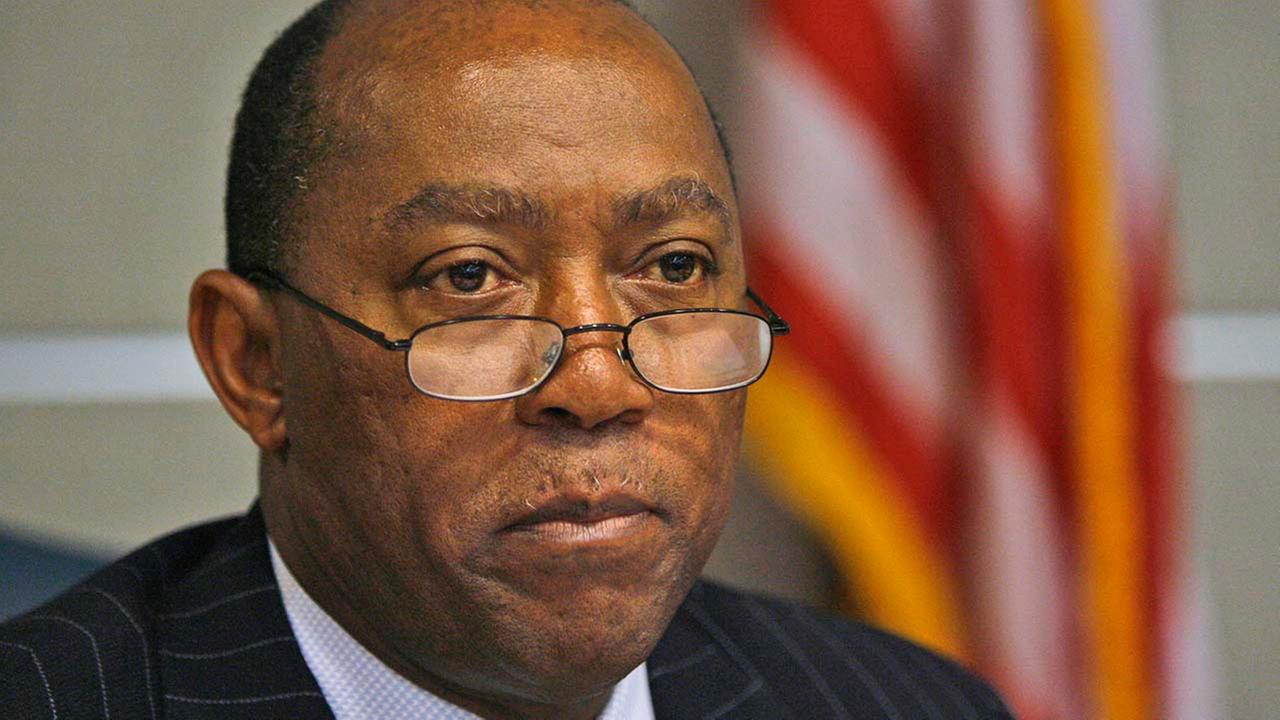Every now and then, I like scrolling back through my blog posts to re-examine thoughts I had way back when.
I did so again tonight and found a short post I wrote about the death of a Texas Panhandle political titan: former state Sen. Teel Bivins.
Here is what I wrote:
https://highplainsblogger.com/2009/10/panhandle-loses-a-legislative-giant/
Bivins would leave Amarillo and the Panhandle to become U.S. ambassador to Sweden. His good friend, President George W. Bush, thought to reward Bivins for the work he did to get the president elected in 2000.
My thoughts turn to Sen. Bivins today in light of the current political climate. I wonder how he might fare in the harsh environment that seems to be overcoming people in events in Austin, let alone in Washington. He was a true-blue, rock-ribbed “establishment Republican.” He was conservative to the core, a staunch defender of private property owners’ rights — which makes sense, given his own extensive ranch holdings in the rural Panhandle.
I also want to share a brief memory about Bivins, which I think speaks well of the man’s character as well as his media savvy.
***
I was new to the Panhandle in early 1995. I didn’t yet know Bivins; I only knew of him. I had heard one of the Senate colleagues, Democrat Carl Parker of Port Arthur, describe Bivins as one of those “silk-stocking Republicans” who was more interested in helping rich people than fighting for the working stiff.
Bivins’ office called me one day about a month after I arrived at the Amarillo Globe-News. Bivins wanted to get acquainted. I went to his office in downtown Amarillo. We shook hands and started chatting. Bivins told me of his friendship with Parker and gave him kudos for his immense debating skills.
Then we talked about our families. He asked me about mine. I told him I was married and that my wife and I had two sons in college.
Then he launched into an amazing soliloquy about his own family and his troubled marriage. He told me about the struggles his then-wife was having with substance abuse. He said he wasn’t sure how much longer he could cope with it, how much more help he could give to her.
As I listened to this strange method of getting acquainted with a member of the media, I was struck by the extraordinary candor he was expressing to someone he barely knew.
We finished our visit. I went back to the office. Bivins went back to Austin to continue working as a legislator.
No more than few days later, I told one of Bivins’ top aides about what he revealed. She smiled and said he had an ulterior motive. Bivins wanted me to hear it from him, rather than hearing it from someone else, who might put a different sort of spin on it.
I thought, “ah hah!” I got played. More or less. However, it was for the right reason.
Eight years after this good man’s death, I am not bashful about telling you that I still miss him.





